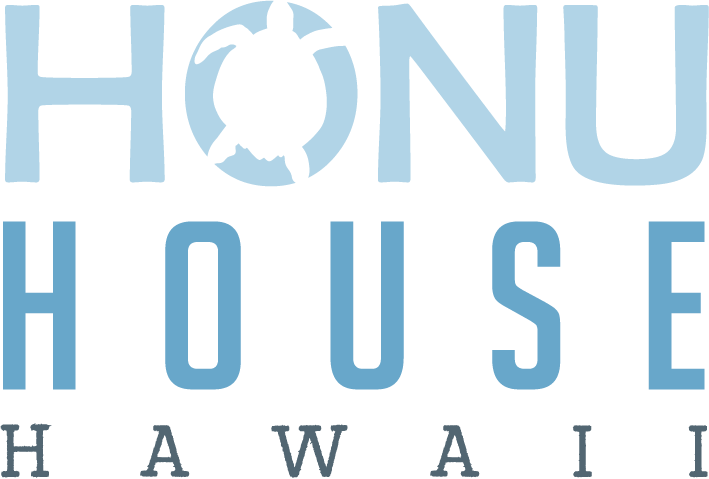
12-Step Program Near Me: Access Drug and Addiction Treatment
-
By John Burke
-
October 3, 2022
Many addiction treatment programs incorporate 12-step programs into their services. Accessing a 12-Step program near you can be life-changing. Although many individuals are aware of the 12-step methodology employed in organizations like Alcoholics Anonymous, they might not understand how it works or even what the 12 steps are.
If you are looking to learn more about 12-step recovery, the following information will be useful. After reading this article, you can either begin, or continue, living a life of recovery by finding a 12-step program near you. Together, we are going to walk you through what the 12-Step program is, what the 12-step facilitation is, what to expect, and where to find the 12-step program near you.
What is the 12-Step Program?
The 12-Step program is a method for overcoming addictions and compulsions that was created and is primarily used by Alcoholics Anonymous. This model’s fundamental tenet is that while individuals can support one another in achieving and maintaining abstinence from substance abuse, healing cannot occur until those who suffer from addictions submit to a “higher power”. This term, “higher power”, can have an off putting effect on many. But rest assured, if entered into the program with an open mind and a small amount of willingness, many who were doubtful were able to form their own unique, individual understanding of what this meant. There is no one understanding of that term, and people from all belief systems, non-belief systems, and walks of life, have been able to find lasting recovery through this method of finding freedom from addiction.
For many people, the 12-step movement can be a strong and beneficial force. As mentioned above, some people have trouble with what they perceive as a significant religious component of the program. If this is the case for you, and you are unable or unwilling to explore the 12-step method, more secular approaches to treatments do exist. For this reason, there are several addiction treatment clinics providing 12-Step alternatives.
What are The 12 Steps?
Traditionally, the steps appear in order, are numbered, and are meant to be worked in that particular order as each one prepares you for the next step. It is usually recommended that a person not attempt to work through them on their own, but rather with a knowledgable, safe person who has, themselves, worked through the steps with someone else. If working with a counselor, therapist, or within a treatment center, it is possible to work through this process with them, as well. However, ensuring that the individual you work with is understanding of the true nature of addiction, and is trustworthy, is of paramount importance. An overview of the 12-steps as presented in Alcoholics Anonymous is presented below (the steps are presented not in their exact, original written form, but are retranslated in a simple-to-understand way that highlights the intended purpose or action behind each step):
1. Acceptance:
Admit that we are weak against alcohol and that our lives have spun out of our control.
2. Find Hope:
Begin to build faith that we can return to a more sane state of mind and existence through forces more significant than our ourselves.
3. Surrender:
We decided to entrust our “higher power”, as we perceived it, with the care of our will and our lives.
4. Take inventory:
Take an honest, thorough moral list of ourselves: our histories, behaviors, patterns, etc.
5. Share inventory:
Admitted the specifics of our wrongdoings to our higher power, ourselves, and another person.
6. Become ready:
At this stage, we become more than willing to have all the character attributes that no longer serve us or our fellows eliminated by our higher power.
7. Ask God:
Humbly plead for our higher power to take away our flaws.
8. List amends:
We made a list of everyone we had injured or harmed and decided we would make peace with each of them as best we could.
9. Make amends:
If possible, make direct acknowledgment of, and seek to repair the damage of, our actions to such people we had harmed (where and when appropriate).
10. Continue inventory:
Kept a personal list going forward, and quickly admitted our errors when they arose.
11. Pray and meditate:
We asked simply for the understanding of our higher power’s will for us and the strength to carry it out while we worked to strengthen our conscious connection with it/them via meditation and prayer.
12. Help others:
Finally, in order to maintain abstinence, we must spread this message of recovery to other alcoholics, implement the principles learned here, and make it a new set of healthy habits in our daily lives.
Find 12-Step Program Near You.
If you or a loved one are struggling with a substance use disorder and want help, know that you’re not alone. Many people understand your struggle and are ready to support you, like the caring admissions staff at Honu House. We are available 24/7 to take your call. We are also one of the facilities that offer a 12-Step Program near you. If you need information about addiction treatment. You can call us at 808 895-7356 or visit our Honu House official website to connect and begin your journey toward a healthier life. If you are reading this now, and are not on the Big Island of Hawaii, please call us anyway. We are committed to helping anyone in search of recovery find the means of doing so.
